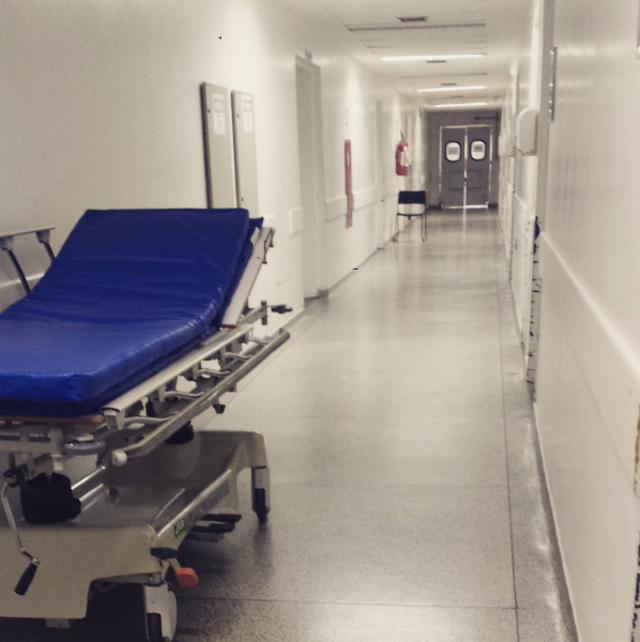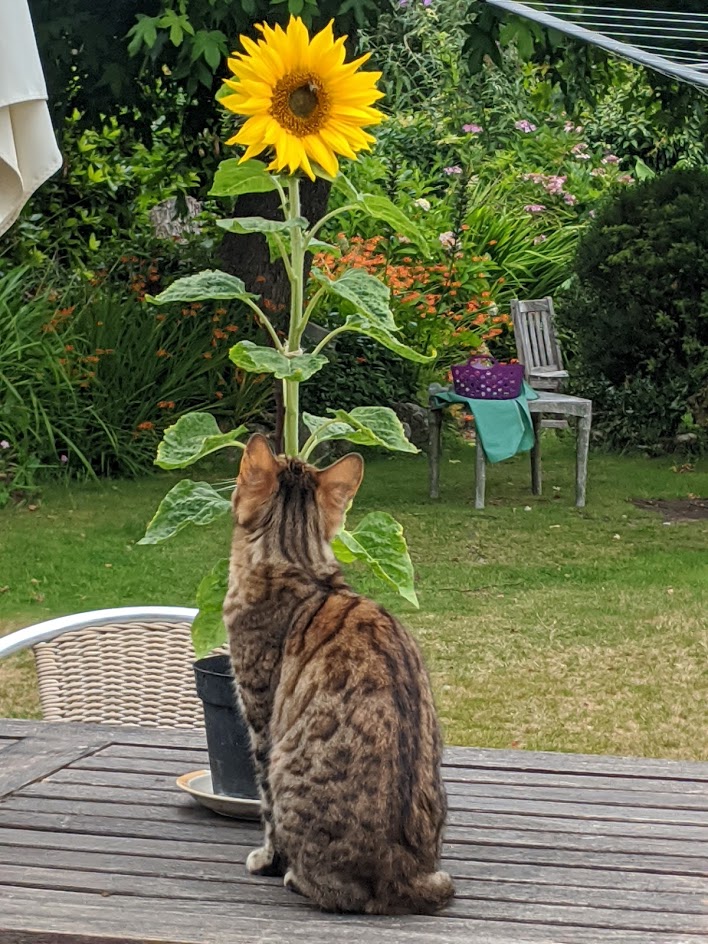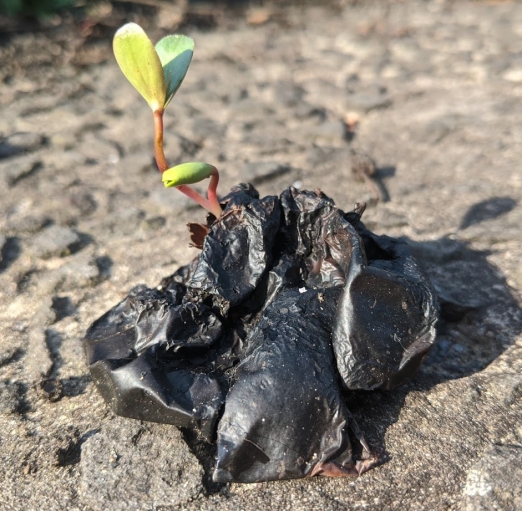Trigger warning – frank discussions of healthcare some may find upsetting.

‘D’you mind if I grab a blood sample from you?’
‘Ooooh do you have to?’
‘Ideally, yes… you know how it is.’
Like so many other long-term patients, this lady was a bit moody. Living a life that’s completely entangled with and inseparable from the hospital had taken its toll. But whilst I was taking this lady’s blood, she lightened up. I’m not sure if the same thing happens to my male colleagues, but like so many other patients, she started asking me about my life, was I married? Did I have children? Did I live nearby?
‘Not any children, but I’ve got one growing inside me’, I said, gesturing to my abdomen.
Her face broke into a wide smile, ‘That’s made my day that has!’
And with that, we were chatting away – pets and babies galore for about half an hour.
It’s difficult trying to share stories of hospital life, patients and health. I want to stay true to the experience. It’s so important that we share – sometimes I feel like everything that goes on inside the hospital is so separated from normal life. It’s like somebody’s taken an axe down the middle of ‘normal life’ and ‘hospital’. And yet, so many of us will spend our formative experiences in hospitals. Through storytelling and science communication I’d like to be able to open up this terrifying divide, and make hospitals and health seem that little bit less scary.
But the thing is, ultimately so many of the experiences we have are Not Normal, at least this is what a psychologist recently told us in our doctors teaching session. It’s hard to get the balance right, to share without oversharing, to let people know that yes it is difficult and it is sad, without scare-mongering. And for me, some of the saddest and most difficult parts of what happens in hospitals, such as going to ITU, the realities of CPR or what happens when somebody dies – these things should be spoken about and discussed more openly. I hope it would set us all free that bit more of our fear of hospitals and death.
My difficulty is, how do I share stories whilst staying true to the patients? Some of the experiences we share with patients are so difficult, that I feel those moments should stay only ever between the people who experienced them in that room. And even when I change almost all the details of a story so that patient anonymity is completely protected, I’m still sharing something that’s based on somebody’s own intimate and potentially terrible story.
As I navigate through the world of being a scientist, science communicator and doctor, it’s a line that I tread so incredibly carefully, and will continue to do so. I hope to get it right, to share without over-sharing, to explore some of the terrible things that happen in hospitals, but in their context of being a part of life and something we can all hopefully come to embrace with less fear.
Going back to my slightly grumpy lady, I’m sad to say that 24 hours later I would be bent over, plunging the palms of my hands into her ribs. CPR isn’t at all like it is in the movies. I would feel her ribs break under the weight of my compressions. So many people don’t realise this is a normal part of CPR, a terrible injury that we inflict in order to try and save a life. I would see her face turn pale, feel her pulse flutter and finally I would sit with her, hold her hand and let her go peacefully.
The pain of losing her was immense. The pain of having to give her CPR, such a brutal form of medicine, will stay with me forever. I wanted to share this story, not to scare people, not to be sensationalist, but to just open the door slightly into our world. Yes it can be scary, yes it can be raw, but there’s so many human stories, so many kind people and personalities hidden under there if we just open our eyes and let it in.
Because this lady was occasionally grumpy, but lovely, kind, empathetic and very much alive. I just happened to meet her and care for her at the end of her life. Amongst all of the Not Normal, there’s also a hell of a lot of Normal stuff too. I feel honoured both to have shared a happy Normal conversation with this lady, to smiled and laughed with her, and I also feel honoured to have cared for her in her final moments.
*This is a representative story, all details have been changed to maintain patient confidentiality.










 It was 2012, and I was in a bed at Kingston Hospital. I felt like every single cell in my body was violently throwing up, and that I was lying in a lake of that boiling, stinging cell-vomit. My mouth was drier than the Atacama desert (the driest place on Earth, according to Wikipedia). I was completely consumed by nausea and wasn’t aware of my collapsing lungs and my body’s struggle to get oxygen into my circulation.
It was 2012, and I was in a bed at Kingston Hospital. I felt like every single cell in my body was violently throwing up, and that I was lying in a lake of that boiling, stinging cell-vomit. My mouth was drier than the Atacama desert (the driest place on Earth, according to Wikipedia). I was completely consumed by nausea and wasn’t aware of my collapsing lungs and my body’s struggle to get oxygen into my circulation. 
